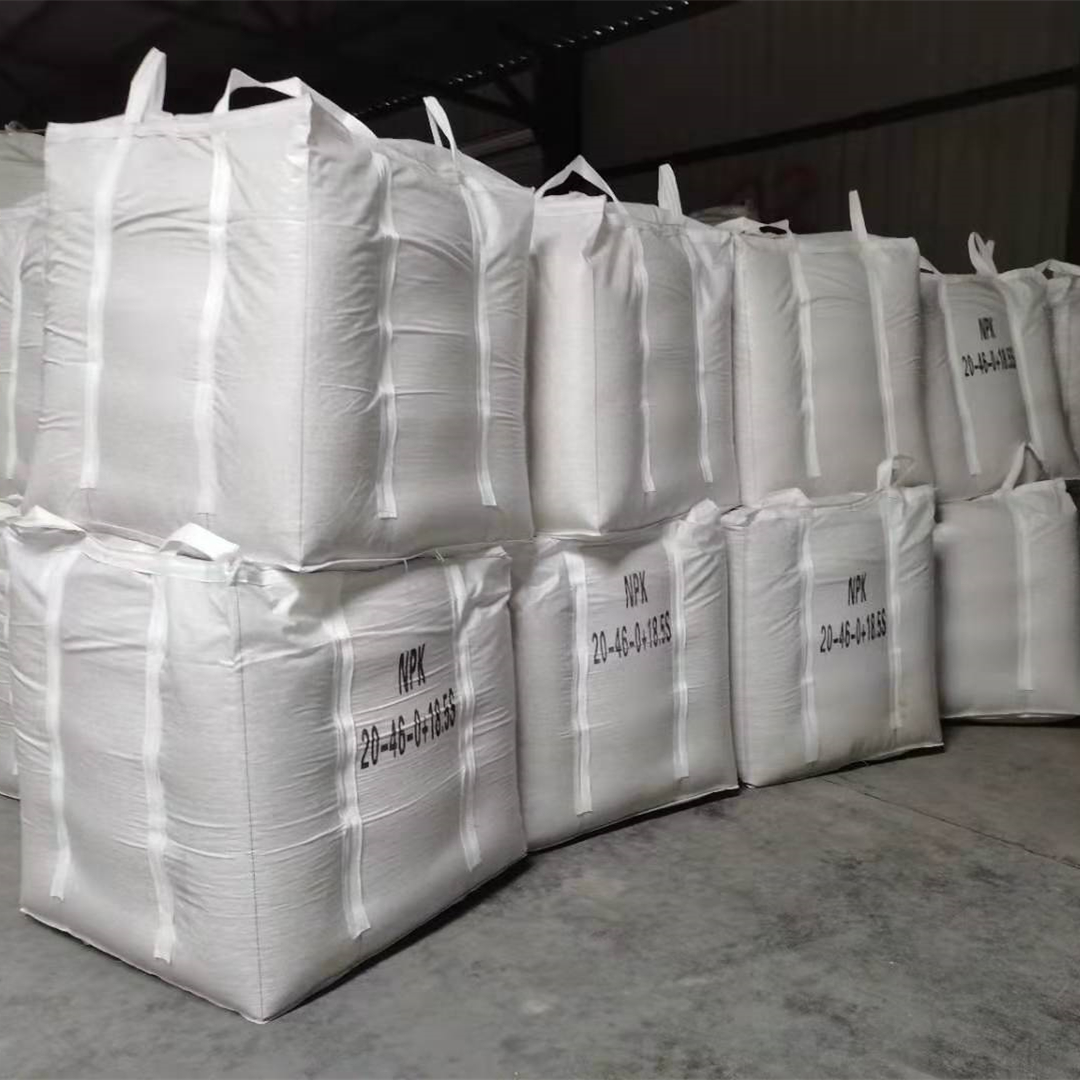
Nov . 10, 2024 04:46 Back to list
Production of Balanced 24-14-14 Fertilizers for Optimal Crop Growth and Nutrient Supply
The Importance of 24-14-14 Fertilizer in Modern Agriculture
As the global population continues to grow, the demand for food production is at an all-time high. Farmers and agricultural producers are increasingly relying on advanced fertilizers to enhance crop yields and improve soil health. Among these fertilizers, 24-14-14 stands out as a balanced option that offers essential nutrients critical for plant growth.
What is 24-14-14 Fertilizer?
The numbers in 24-14-14 represent the nitrogen (N), phosphorus (P), and potassium (K) content, respectively, in the fertilizer. Specifically, 24-14-14 fertilizer contains 24% nitrogen, 14% phosphorus, and 14% potassium. This balanced ratio makes it an excellent choice for a variety of crops, as it supplies the essential macronutrients that plants need to thrive.
Nitrogen (N) Nitrogen is vital for plant growth as it is a crucial component of amino acids, proteins, and chlorophyll. Plants with ample nitrogen grow healthier leaves and stems, leading to increased photosynthesis and overall vigor. The high nitrogen content in 24-14-14 makes it particularly beneficial during the early stages of growth.
Phosphorus (P) Phosphorus plays a significant role in energy transfer within the plant. It is involved in the formation of DNA and RNA, as well as in the production of adenosine triphosphate (ATP), which fuels various biochemical processes. The 14% phosphorus in 24-14-14 fertilizer is essential for root development, flowering, and fruiting, making it ideal for plants at all stages of growth.
Potassium (K) Potassium regulates various physiological processes, including water regulation, enzyme activation, and photosynthesis. Adequate potassium levels lead to improved drought resistance, disease control, and overall plant health. The potassium component in 24-14-14 ensures that plants can withstand environmental stresses and produce high-quality yields.
Advantages of Using 24-14-14 Fertilizer
24-14-14 fertilizer factory

1. Versatility One of the primary advantages of 24-14-14 fertilizer is its versatility. It is suitable for a wide range of crops, including vegetables, grains, fruits, and ornamental plants. This adaptability makes it an attractive choice for farmers looking for a reliable fertilizer that can meet diverse agricultural needs.
2. Improved Crop Yields By providing a well-balanced nutrient profile, 24-14-14 fertilizer helps enhance crop yields. Farmers who apply this fertilizer can expect healthier plants that produce larger and more abundant harvests.
3. Soil Health The nutrients in 24-14-14 fertilizer not only nourish plants but also contribute to improved soil health. Enhanced nutrient availability can foster beneficial microbial activity in the soil, leading to a more sustainable agricultural ecosystem.
4. Cost-Effectiveness As a balanced fertilizer, 24-14-14 can reduce the need for multiple applications of different fertilizers. This cost-effective solution allows farmers to streamline their nutrient management practices while saving both time and money.
Application Techniques
To maximize the benefits of 24-14-14 fertilizer, farmers should consider proper application techniques. This includes conducting soil tests to determine nutrient needs, adhering to recommended application rates, and timing the applications according to crop growth stages. Incorporating the fertilizer into the soil or using it as a foliar spray can increase absorption and effectiveness.
Conclusion
In conclusion, 24-14-14 fertilizer plays a crucial role in modern agriculture by providing essential nutrients that promote healthy plant growth and increased crop yields. Its balanced nutrient profile makes it versatile and cost-effective for various agricultural applications. As farmers continue to face the challenges of food production, fertilizers like 24-14-14 will remain vital tools in the quest for sustainable and productive farming practices. With careful management and application, this fertilizer can help secure food resources for a growing global population.
-
10-10-10 Organic Fertilizer - Balanced NPK Formula
NewsAug.02,2025
-
Premium Organic Manure Compost for Eco Gardens
NewsAug.01,2025
-
Organic 10-10-10 Fertilizer | Balanced Plant Nutrients
NewsJul.31,2025
-
Premium Amino Acid Fertilizer | Rapid Plant Growth Booster
NewsJul.31,2025
-
10 10 10 Fertilizer Organic—Balanced NPK for All Plants
NewsJul.30,2025
-
Premium 10 10 10 Fertilizer Organic for Balanced Plant Growth
NewsJul.29,2025
